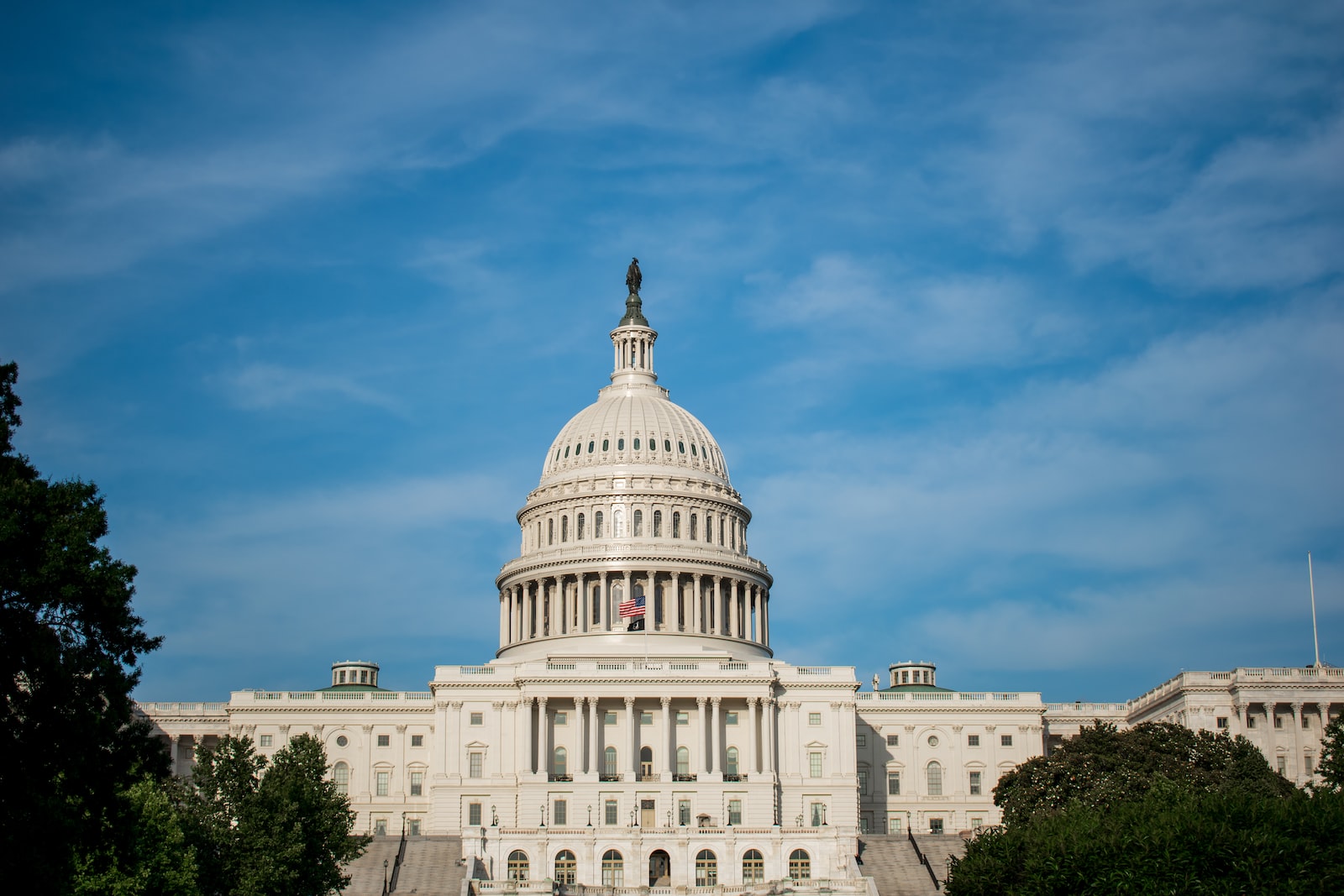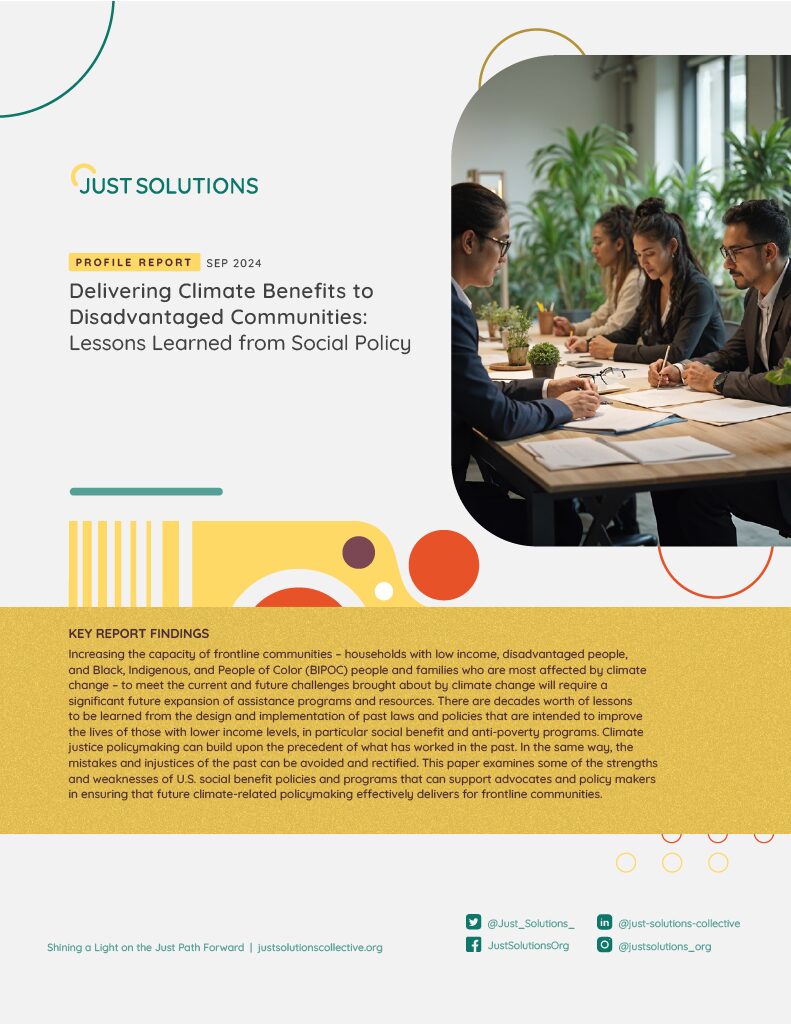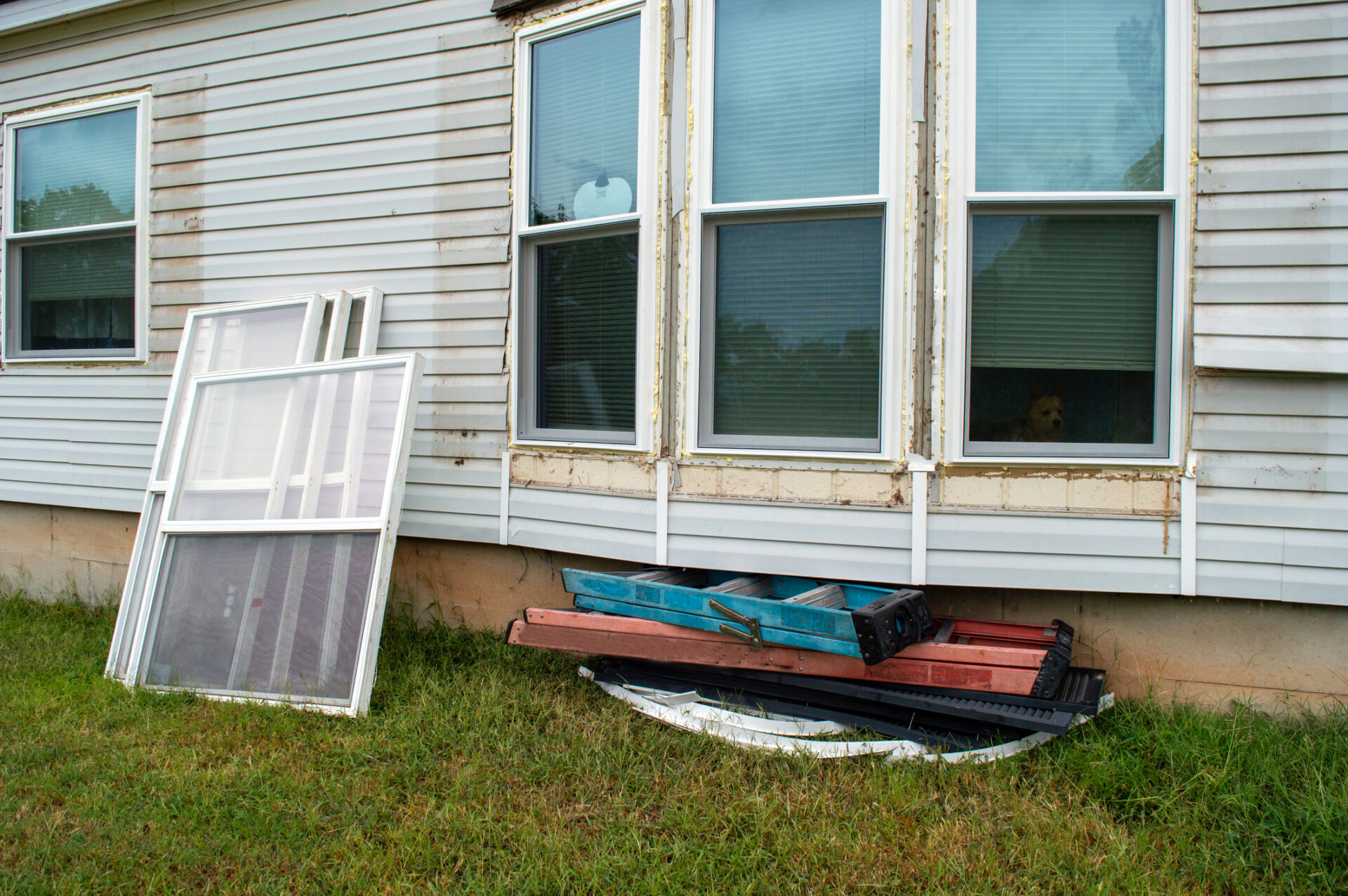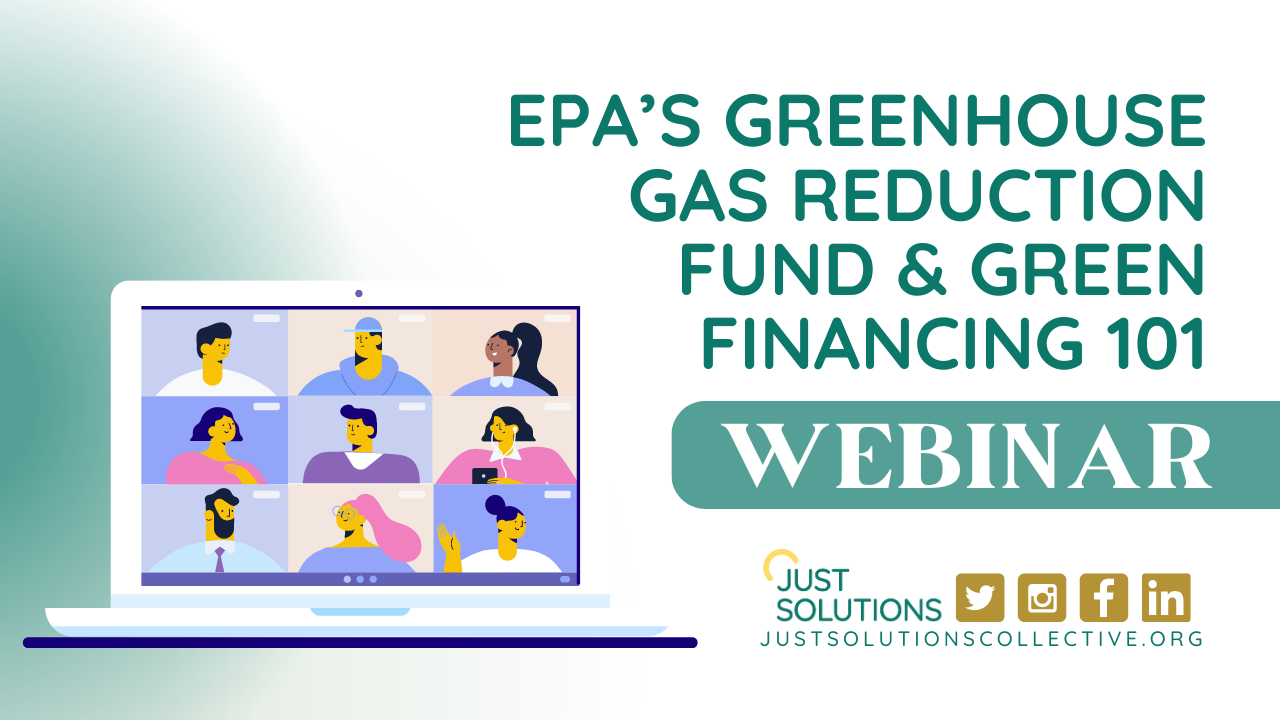
Federal Policy
What Can We Learn from Social Policy to Advance Climate Justice?
Increasing the capacity of frontline communities to meet the current and future challenges brought about by climate change will require a significant future expansion of assistance programs and resources. There […]
Delivering Climate Benefits to Disadvantaged Communities: Lessons Learned from Social Policy
Increasing the capacity of frontline communities – households with low income, disadvantaged people, and Black, Indigenous, and People of Color (BIPOC) people and families who are most affected by climate […]
State and Federal Whole Home Repair Programs: Can They Solve the Weatherization Assistance Program Deferrals Problem?
Investment in weatherization is sound public policy. Weatherization checks all the boxes of improving energy efficiency among low-income households, easing the strain on household budgets, and reducing greenhouse gas emissions. […]
Vulnerabilities to Climate Change in Frontline Communities: Opportunities and Shortcomings
Black, Indigenous, and People of Color (BIPOC) and frontline communities in the United States continue to experience a disproportionate share of the effects of climate change. The increasing frequency and […]
Vulnerabilities to Climate Change in Frontline Communities: Opportunities and Shortcomings
In 2023, Just Solutions published “The Perfect Storm of Extraction, Poverty, and Climate Change,” examining the impact of policies on six frontline communities facing economic, health, and environmental challenges. The report highlights how systemic racism and resource deprivation have led to these conditions, and it evaluates how the Inflation Reduction Act of 2022 and the…
Innovative Climate Policy Solutions: An Impact Analysis of Policies Supported by The Solutions Project Grantees
Frontline environmental justice organizations are creating innovative policy solutions and are turning them into laws. Our paper highlights 20 successful policy initiatives at the local, state, and federal levels over the past three years.
Recommendations to SEOs for immigrant inclusion in home energy rebates program
As climate disasters increase in frequency and severity, the workforce performing cleanup and restoration largely consists of migrant workers, who are frequently exposed to hazards like mold, asbestos, and lead, and may also be vulnerable to labor exploitation and wage theft.
Webinar: Leading with Race in Climate Solutions: Legal Attacks & Pathways Forward
This webinar shared how the opponents of racial justice are mounting legal attacks on Leading with Race and what we can do about it. We learned what is legal, what […]
Environmental justice recommendations for the hydrogen production tax credit
Among the various uncapped energy tax credits that form the core of the Inflation Reduction Act (IRA), none has been more heavily contested than 45V, the hydrogen production tax credit. […]
Webinar: EPA’s Greenhouse Gas Reduction Fund & Green Financing 101 Webinar:
EPA’s $27 billion Greenhouse Gas Reduction Fund (GGRF) will provide competitive grants to finance clean energy and climate projects that reduce greenhouse gas emissions. As the “single largest investment in […]








